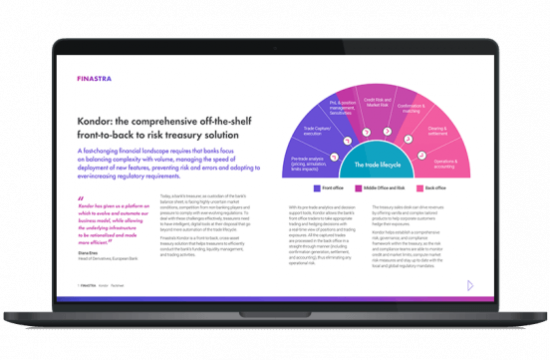ASIC has warned against advertisements disguised as fake news articles after receiving an increased number of complaints from consumers who have lost money by trusting them.
While these issues are clearly happening to unsophisticated investors, scams directly affect the future operations of legitimate and established trading businesses as the pool of new retail investors is slashed by trauma and paranoia.
According to the reports, most ads promote crypto and contracts for difference (CFD) trading. “ASIC has also seen advertisements and websites falsely using ASIC logos or misleadingly saying the investment is ‘approved’ by ASIC”, the regulator stated.
“A common tactic used by scammers is to promote fake articles via social media. They look realistic and impersonate real news outlets. Some examples include Forbes Business Magazine, ABC News, Sunrise and The Project”, ASIC said, explaining that once consumers click on these advertisements, they are directed to a site that is not linked with the impersonated publication, and then they are asked for their name and contact details.
Scammers then follow up by contacting the person making the inquiry, promising investment with unrealistically high returns.
ASIC has recently reported that financial scams have exploded by 200% since the pandemic, with scammers getting more and more sophisticated at creating fake platforms.
The regulator advised investors to be vigilant to imposter social media pages, websites, phone lines, fake regulators, and stock exchanges, although it’s increasingly difficult to differentiate between legitimate companies and scammers.
Financial scammers usually offer a range of investments with modest to high returns, advertised as having little, or no risk at all. Scammers can create emails with logos, text, and phone numbers that look almost identical to those from legitimate organizations.
In 2020, ASIC announced cryptocurrency scams were on the rise. Reports of misconduct received by the regulator from March to May 2020 were up 20% compared to the same period last year.
Investors who have been scammed are typically called or emailed by scammers with an investment opportunity, or approached by their friend, family member, or online romantic partner who tell them how they have made money online and suggests that they try it too. Then investors typically sign up to ‘crypto-asset trading’ online and deposit funds into a trading account, either via a crypto wallet or bank account.
According to data provided by Scamwatch, Australians reported losses of $3.98 million due to investment scams in May 2020. Those over 65 years of age reported the biggest losses, whereas the highest number of reports was submitted by those from 35 to 44 years of age.











